Top Class Actions’s website and social media posts use affiliate links. If you make a purchase using such links, we may receive a commission, but it will not result in any additional charges to you. Please review our Affiliate Link Disclosure for more information.
Apple must face claims that its facial recognition software violates Illinois’ Biometric Protection Act, according to a recent ruling by a federal judge.
A group of Illinois residents hit Apple with a class action lawsuit in May 2020 alleging that the company uses technology to collect biometric information from user pictures stored in their Photo app on all Apple devices running the iOS 10 operating system.
According to the plaintiffs, this feature came preinstalled on Apple devices made since June 13, 2016 and users have no way to remove or disable the software. They claimed that the collection of this information without the knowledge or consent of Apple device users, along with the tech giant’s failure to disclose a plan to destroy the data, violates the Illinois Biometric Information Privacy Act (BIPA).
Apple sought dismissal of the class action lawsuit, lodging several arguments. First, Apple asserted that the class action lawsuit did not belong in federal court because the plaintiffs had not demonstrated how they were harmed by the facial recognition technology. The tech giant also claimed that the plaintiffs did not show how Apple profited from the facial recognition technology.
U.S. District Chief Judge Nancy J. Rosenstengel agreed with Apple for two of the plaintiffs’ claims; however, the judge sent these claims back to St. Clair County Court to proceed.
“Here, Plaintiffs allege that Apple violated [BIPA] by marketing and selling its devices based upon claims that its facial recognition technology could sort photographs, thus profiting from a person’s or customer’s biometric data,” notes the order. “Importantly, Plaintiffs do not allege that Apple sold or otherwise profited from their individual biometric data.”
In addition, Judge Rosenstengel pointed out that, under BIPA, companies that collect biometric information have three years to destroy that information after they are finished using it for its intended purpose.
“Plaintiffs do not allege that they have ceased use of the application or device collecting the biometric data,” states the order remanding the issue to state court. “Thus, the initial purpose for collecting the data has not been satisfied, nor have three years passed since Plaintiffs last interacted with Apple or its devices.”
The tech giant also contended that the face scans are not linked to identifiable individuals and should not be considered identifiable under BIPA. According to Apple’s motion to dismiss, the facial recognition takes place within devices – it is not transmitted from the Photo app to Apple – and BIPA should not apply.
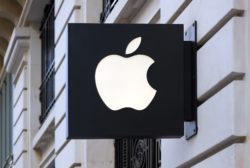
Specifically, the judge pointed out that BIPA “exhaustively” defines biometric information and scans of face geometry are included.
“As the facts develop, it may be that Apple cannot access any data stored on the device via its software or otherwise,” explains the order. “Other fact issues can inform the application of BIPA, but the Court does not reach those issues yet.”
Apple also asserted that the plaintiffs did not establish that it intentionally or recklessly violated BIPA. Again, Judge Rosenstengel concluded that whether Apple intentionally or recklessly flouted Illinois law remained to be seen.
“Plaintiffs allege that Apple continues to collect faceprints from Illinois residents in violation of BIPA more than eleven years after BIPA’s enactment,” points out the judge in her order. “These allegations are sufficient to create an inference that the conduct was either negligent or reckless. As other courts have established, the states of mind with regard to BIPA only relate to possible recovery for each violation, which is not yet before the Court”
The facial recognition software class action lawsuit seeks to represent Illinois residents who had their photo stored on an Apple device with the face print technology. They are seeking damages, including $1,000 and $5,000 fines for each alleged violation of BIPA.
Are you concerned about the privacy implications of Apple’s facial recognition software? Tell us what you think in the comment section below!
The lead plaintiffs and proposed Class Members are represented by Jerome J. Schlichter, Troy A. Doles, Andrew D. Schlichter, Alexander L. Braitberg and Brett Rismiller of Schlichter Bogard & Denton LLP, and Christian G. Montroy of Montroy Law Offices LLC.
The Apple Facial Recognition Software Class Action Lawsuit is Roslyn Hazlitt, et al. v. Apple Inc., Case No. 3:20-cv-00421-GCS, in the U.S. District Court for the Southern District of Illinois.
Read About More Class Action Lawsuits & Class Action Settlements:

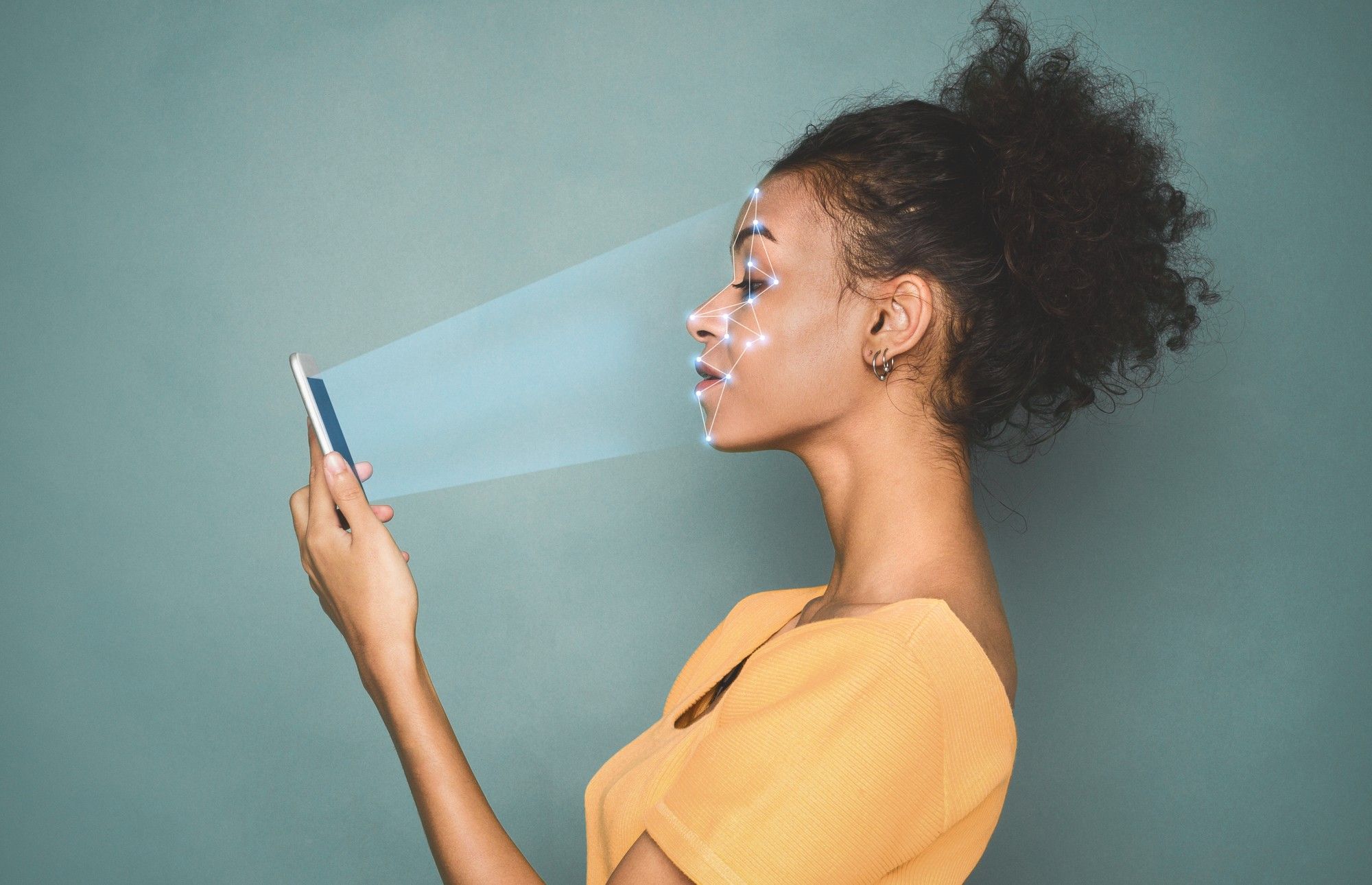


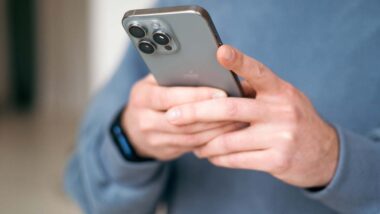
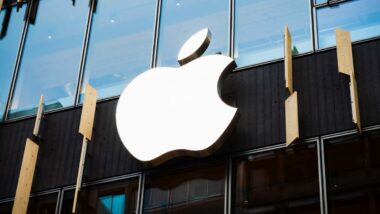
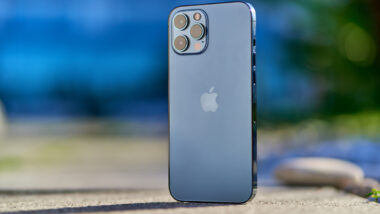
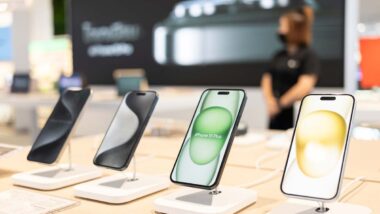
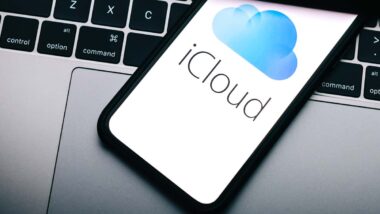

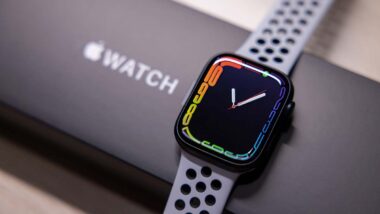

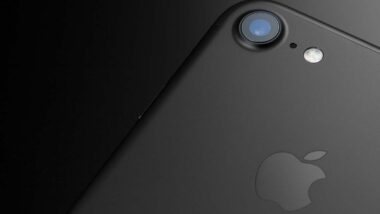
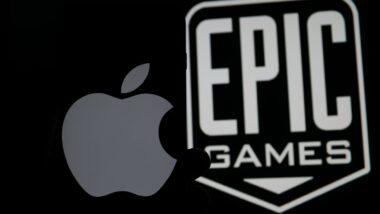
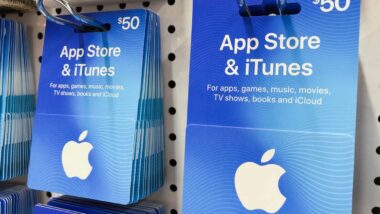

46 thoughts onApple Facial Recognition Software Class Action Lawsuit Survives Dismissal
Please add me.
Add me
Please add me
I can file a law suit against apple for face recognition that someone els can unlock the phone with there face other than the owner?
Add me too please
Is this only for Illinois? Add me if other states are eligible please